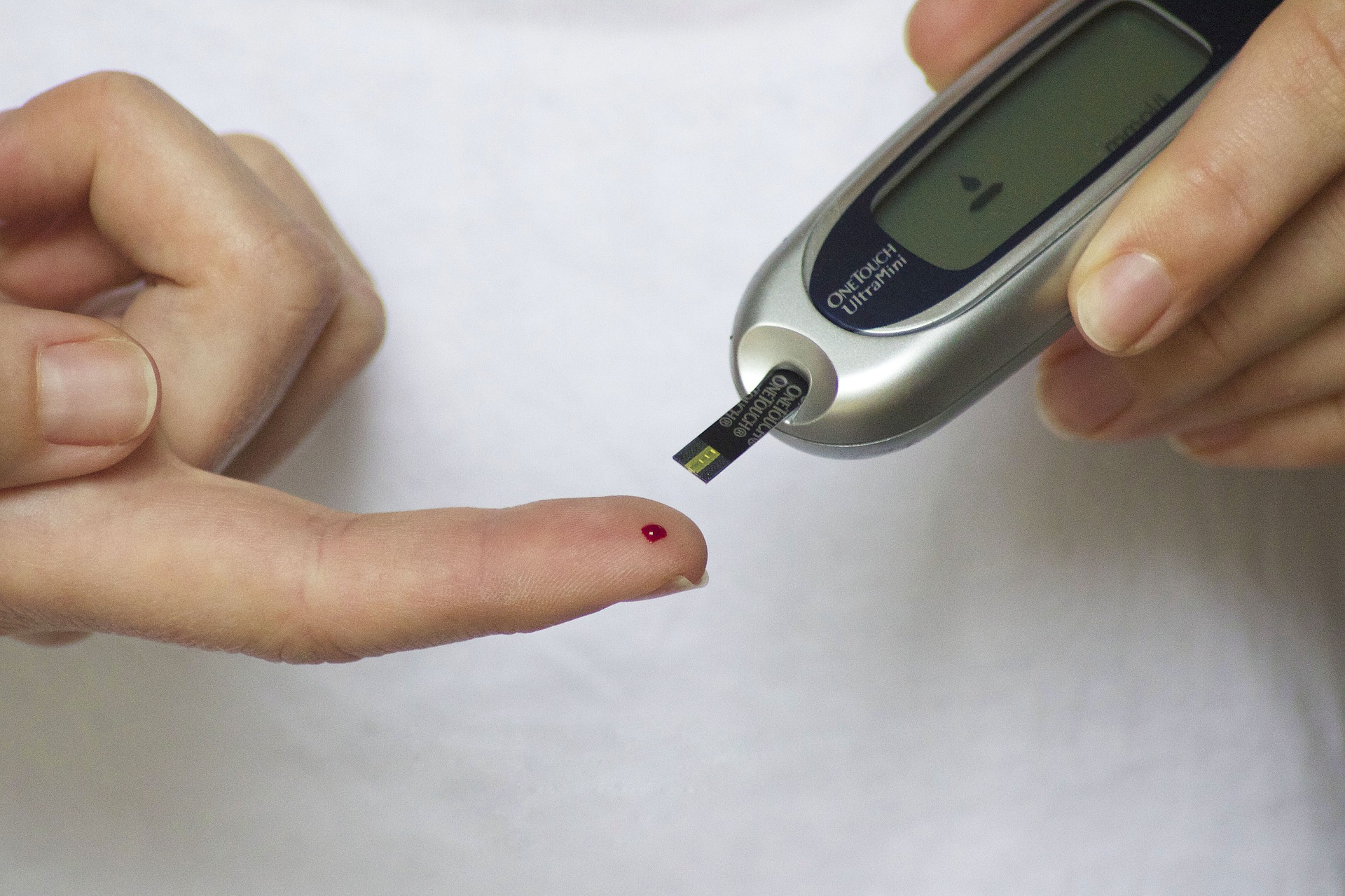
A recent study found that people who achieve a weight loss of 10% or more in the first five years following diagnosis has a significantly higher likelihood of the disease going into remission i.e. the symptoms of diabetes are reduced or diminished. This study suggests that remission of diabetes is possible without intense lifestyle changes and calorie restrictions.
Type 2 Diabetes affects millions of people worldwide and is one of the leading cause deaths in the Maldives. Diabetes is a chronic condition marked by a high level of glucose in the blood. Type 2 diabetes is the most common form of diabetes and is often associated with lifestyle factors such as an unhealthy diet, insufficient physical activity, obesity and tobacco smoking. Diabetes increases the risk of heart diseases, stroke, blindness and amputations.
Research has shown that healthy behavior change and weight loss can result in remission of diabetes type 2 in the absence of pharmacological or surgical intervention. However, this new study gives evidence for less intensive interventions that are more convenient for the wider population.
The study, led by the University of Cambridge, measured the link between behavioral changes and weight loss in individuals among patients of type two diabetes and their likelihood of remission with a 5-year follow-up. They studied 867 people newly diagnosed with Diabetes type 2, between the ages of 40 and 69 by the assessment of their weight change, physical activity, dietary intake and alcohol consumption. The research found that remission was achieved by 30% of the participants and that compared to those who maintained the same weight, those who achieved less than or equal to 10% of weight loss in the first year after of diagnosis had a much higher chance of going into remission.
Therefore, this research further emphasizes the importance of weight management, which can be achieved through changes in diet and sufficient physical activity, especially during the first few years after diagnosis.



Leave a comment
0 Comments